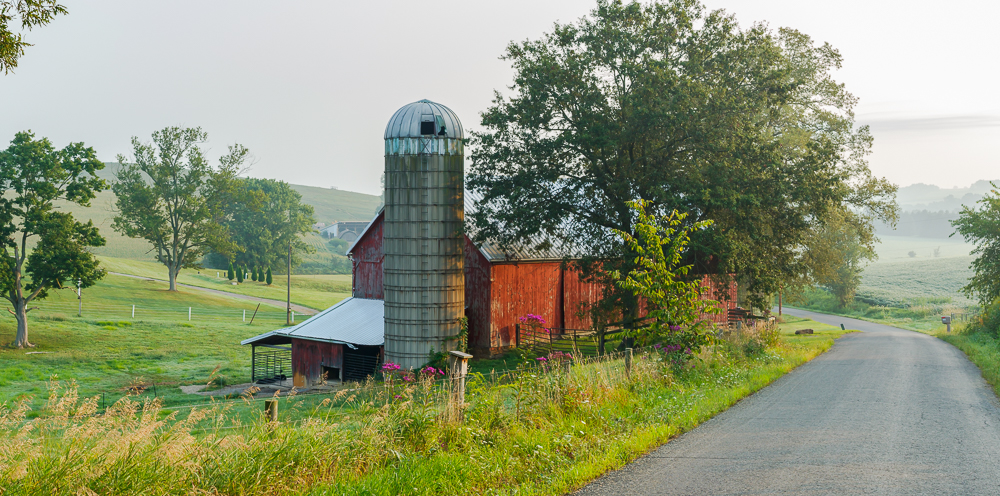Another Test of Faith
Posted by Marcus Yoder on 11th Sep 2018

Last month we stepped back and took a wide look at the nature and shape of the Anabaptist world of 1800. We learned that about 500 Amish had moved from their European homes to Pennsylvania. In the New World, they settled in Lancaster and Berks Counties, where they were free to own their lands and worship in peace. While a few faced persecution from their interactions with the Native Americans, most lived in peace and were able to develop their farms from the wilderness. But in a manner not much different from their distant Anabaptist brothers and sisters in Russia, they soon faced tests about how to practice their faith in practical ways. And much like the events in their history, these tests were often focused on their nonresistant stance.
The first such test happened in 1774-78 when the young upstart American Colonies rebelled against their British king. In the Colonies, this was a widely popular war among the people. The citizens were encouraged, and expected, to participate either by direct enlistment or by assisting in the war efforts. Food and ammunition, along with the other necessary goods, were moved by wagons, and sometimes farmers were forced to give up their crops and wagons in the war effort. The British also would conscript local crops, animals, and manpower as they moved into an area.
Contrary to how history has been taught about this time period, not nearly everyone in the Colonies supported the efforts of the Colonists. Those who did not do so were called Loyalists or Tories. In order to root out those not favorable to the rebellion, the Continental Congress called for oaths of allegiance to their cause. Most of the colonies passed laws that allowed them to seize the property of anyone who refused to swear oaths of allegiance to the new government. By 1777 most of the 13 colonies, who were in open and active armed rebellion against the British, passed Test Acts which required all citizens to swear oaths of allegiance and commit to assist in defending their states from the British through the use of arms. Those unwilling to do so were at risk of banishment, the forcible seizure of their properties, and/or imprisonment and other punishment.
In 1775, Mennonite and German Baptist leaders appealed to the Pennsylvania legislature for relief from military duty and assisting the war efforts. They suggested alternative duty in providing for the poor and destitute in the colony. Instead, the legislature passed a war tax that directly taxed those unwilling to fight and provided a means where one could buy a substitution for military duty. This substitution fee would directly pay another man to fight in their place.
The Amish and Mennonites who lived in Lancaster and Berks Counties were very near the center of the conflict. As the pressures between the opposing armies increased, these peace-loving Anabaptists who had been harried and harassed in Europe began to feel some of the same pressures. In addition to their nonresistance, they felt strongly that to swear oaths was wrong. Many of them had affirmed their obedience and loyalty to the British crown when they became citizens in the colonies. To break their word was a serious matter. They had also had much freedom under the British, and now the Patriots were taking these freedoms away.
What should the Millers, Yoders, Oberholzers, and Landis’ do as they faced these tests. For many of them, this sounded very similar to what they had heard that their forefathers had experienced in Europe. As they read one of the few books that any of them owned, The Martyrs Mirror, or sang the hymns from their Ausbunds, surely they wondered if they were about to face the same fate as so many of their ancestors had.
As with the early Anabaptists and the tests that these Amish and Mennonites faced, we often face choices whether to engage in the political systems around us.While not as overt as the Revolutionary War, we are often asked which “side” we support.Tests of engagement are as difficult to answer today as they were then. As we, like they, face those choices, it is never as simple as one side or the other.Perhaps in those moments we should ask whether there is another way, a third way.
